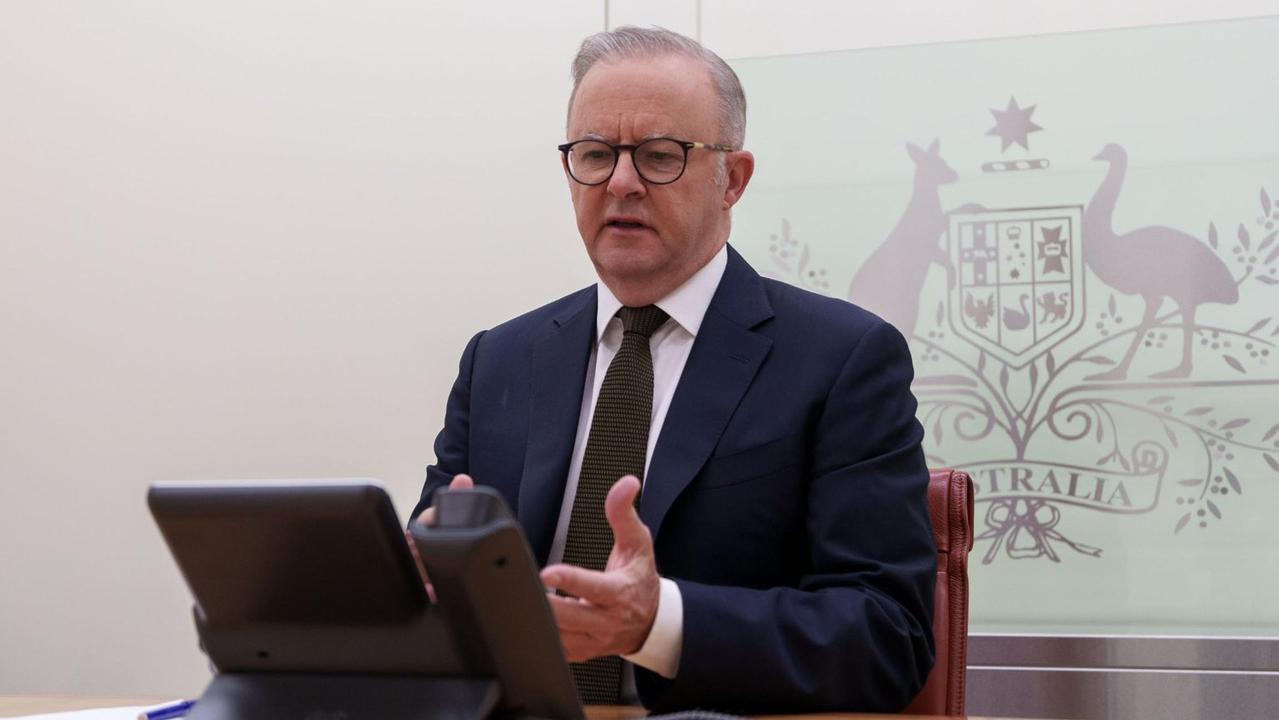Court overturns torture ruling in Sayed Abdellatif migrant detention case
The Federal Court has overturned a ruling that found Home Affairs and ASIO wrongly relied on information obtained under torture to deny a visa to a man held in immigration detention for a decade.

The Federal Court has overturned a ruling that found Home Affairs and ASIO wrongly relied on information obtained under torture to deny a visa to a man held in immigration detention for a decade.
The three judges of the Full Court of the Federal Court found the original judge erred when she “conflated’’ ASIO’s prohibition on using or condoning torture to obtain information with ASIO’s ability to use such information obtained by a third party.
The appeal judges confirmed ASIO was not prohibited by law or policy from using such information obtained by a third party, provided it was not complicit, and that it treated the information with “restraint and caution.’’
They found in favour of ASIO, the Home Affairs Minister and the commonwealth and set aside last year’s decision by judge Debra Mortimer, who ordered two adverse security assessments against Sayed Abdellatif to be set aside.
An alleged former Egyptian Islamic Jihad member, Abdellatif arrived in Australia with his wife and children by boat in May 2012, after previously living in Albania, the UK, Iran and Indonesia.
The Egyptian-born Abdellatif sought asylum in Australia, but his application for a visa was denied after the government became aware of an Interpol Red Notice seeking his arrest.
His case was highly controversial because he had been convicted in absentia during a discredited show trial in Egypt in 1999 on a string of charges that he always denied, including being a member of a terrorist organisation.
It was later claimed evidence used in the mass trial of Abdellatif and 100 others had been obtained under torture – causing Interpol to cancel its Red Notice.
On Thursday, Full Court justices Michael Wigney, Robert Bromwich and David O’Callaghan noted that in 2012, ASIO had originally advised it had no security concerns about Abdellatif, who was not named in the appeals judgment. “However, in August 2012, ASIO withdrew that advice after being alerted to the respondent being the subject of a Red Notice … issued by (Interpol),’’ the judges found.
“The Red Notice arose because the respondent had been tried in absentia in Egypt, along with over 100 other persons, and convicted of terrorism-related offences.”
It was later determined that there was a risk information used at the trial in Egypt could reasonably have been believed to have been obtained under torture.
The three judges found that ASIO was entitled to consider information obtained by a third party under torture when it was making security assessments. The security agency is strictly prohibited from using torture or condoning the use of it by others.
“With the greatest of respect to the primary judge, her honour appears to have conflated the criminal prohibition on ASIO itself engaging in conduct of that nature, or on ASIO in some way endorsing such conduct by others which is proscribed at least as a matter of policy, and the use of information obtained by others engaging in such conduct, and it then coming into the hands of ASIO, falling short of any such complicity, which is not prohibited by law or policy, but is required to be treated with restraint and caution,’’ they found.
Abdellatif remains in detention. His lawyer Zali Burrows said: “It is very disappointing that the Australian government seeks the green light to use confessions and materials extracted by torture.”
A spokesman for Home Affairs Minister Clare O’Neil said: “The commonwealth welcomes this judgment.’’



